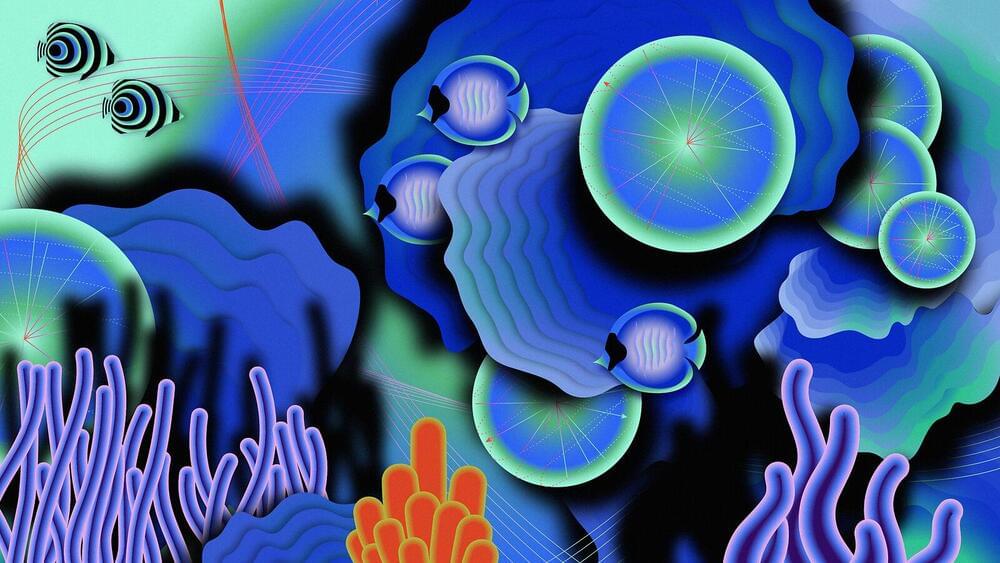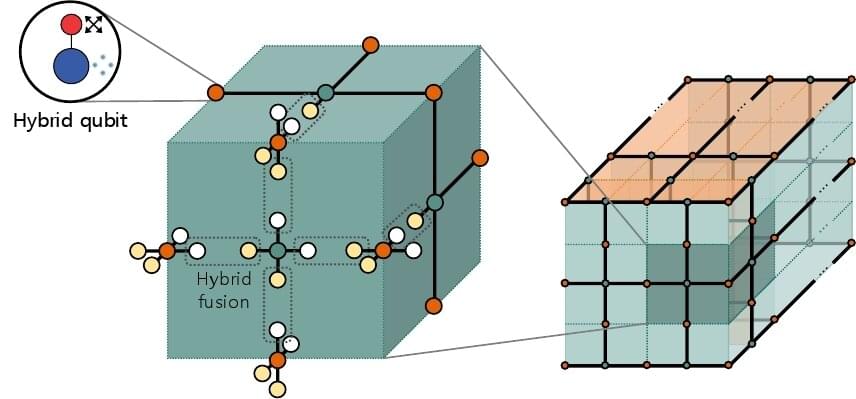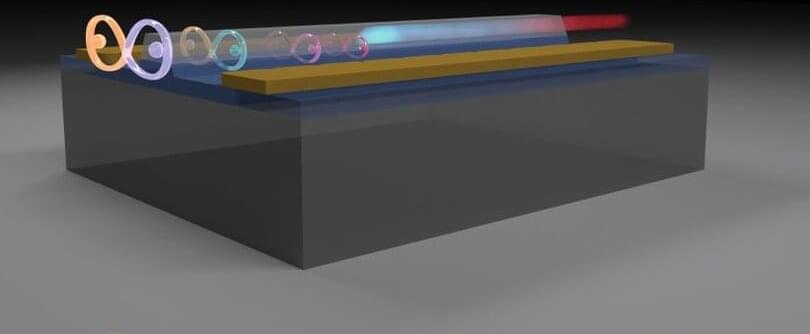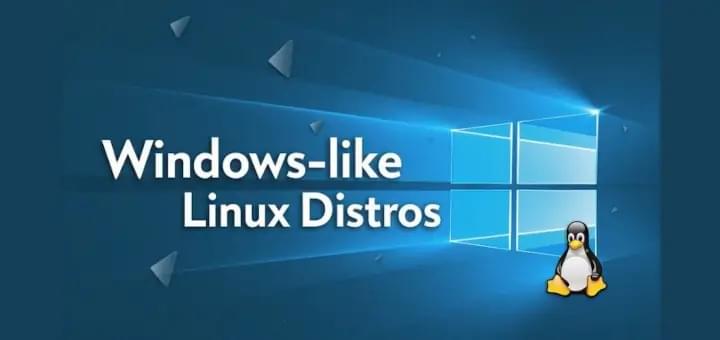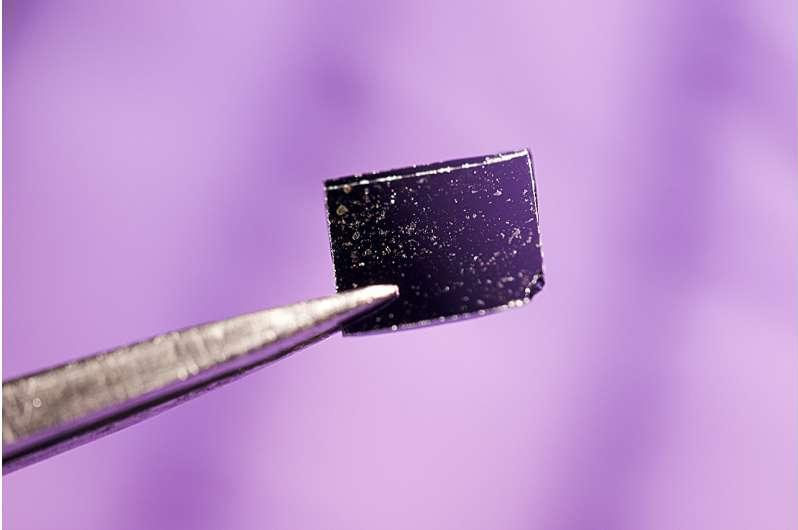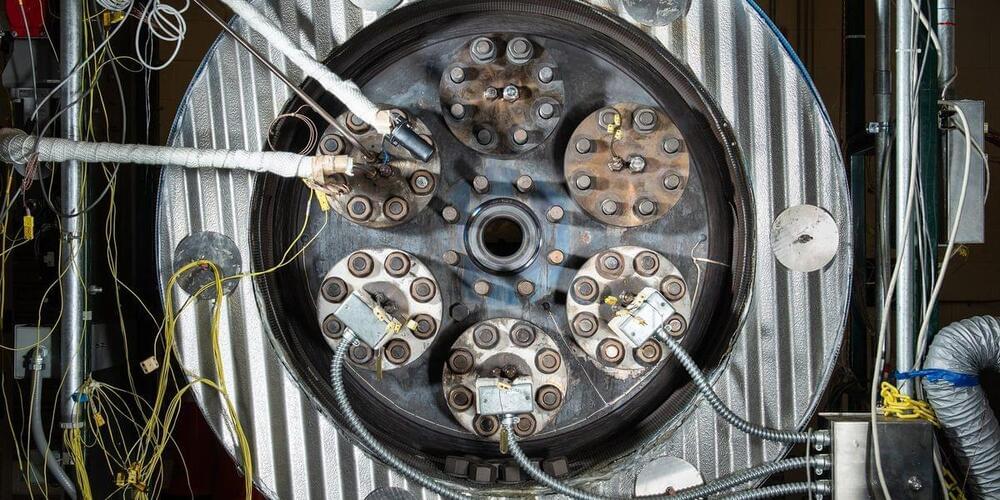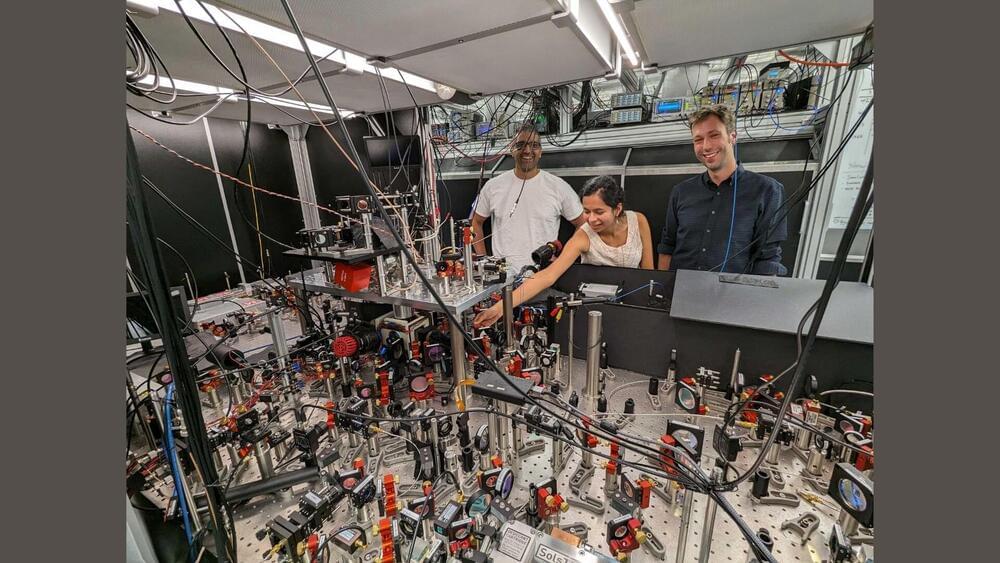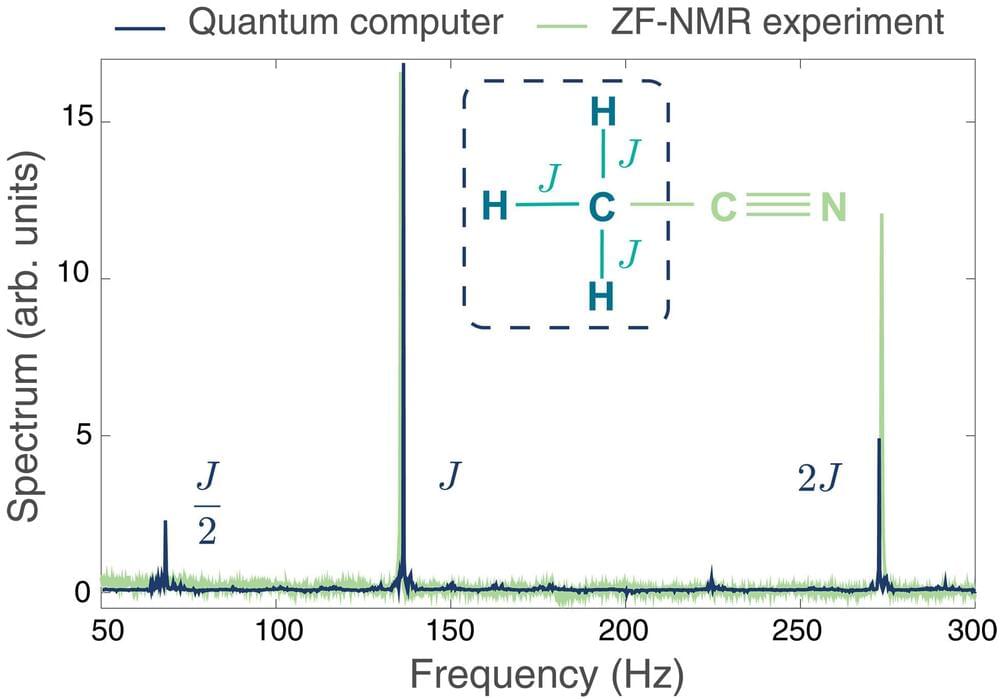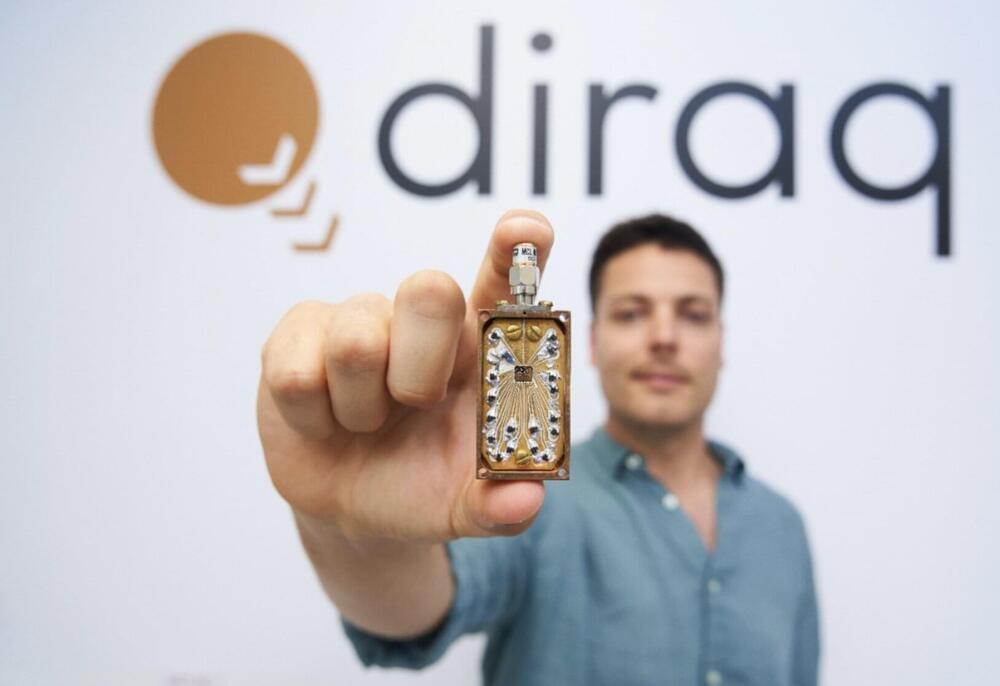Archive for the ‘computing’ category: Page 31
Oct 17, 2024
Hybrid quantum error correction technique integrates continuous and discrete variables
Posted by Saúl Morales Rodriguéz in categories: computing, quantum physics
A major challenge in realizing quantum computers is the development of quantum error correction technology. This technology offers a solution for addressing errors that occur in the qubit, the basic unit of quantum computation, and prevents them from being amplified during the computation.
Oct 17, 2024
New method to generate photon pairs efficiently on a chip
Posted by Saúl Morales Rodriguéz in categories: computing, quantum physics
Thin-film lithium niobate is an emerging nonlinear integrated photonics platform ideally suited for quantum applications. Through spontaneous parametric down-conversion (SPDC), it can generate correlated photon pairs for quantum key distribution, teleportation, and computing.
Oct 17, 2024
7 Windows-Like Linux Distros You Should Try Out
Posted by Saúl Morales Rodriguéz in category: computing
7 linux distributions that feel just like windows.
I often think of Windows 10 as “Windows 8.1 done right”, and Windows 11 as a natural evolution of that refinement, with plenty of improvements under the hood.
However, considering that Windows is still a closed, commercial platform, many users with concerns about privacy or dissatisfaction with Windows 11 may continue to seek alternative operating systems that offer more control while providing a similar experience to the Windows GUI.
Continue reading “7 Windows-Like Linux Distros You Should Try Out” »
Oct 16, 2024
Brain delays could be a computational advantage, researchers say
Posted by Saúl Morales Rodriguéz in categories: biological, computing, neuroscience
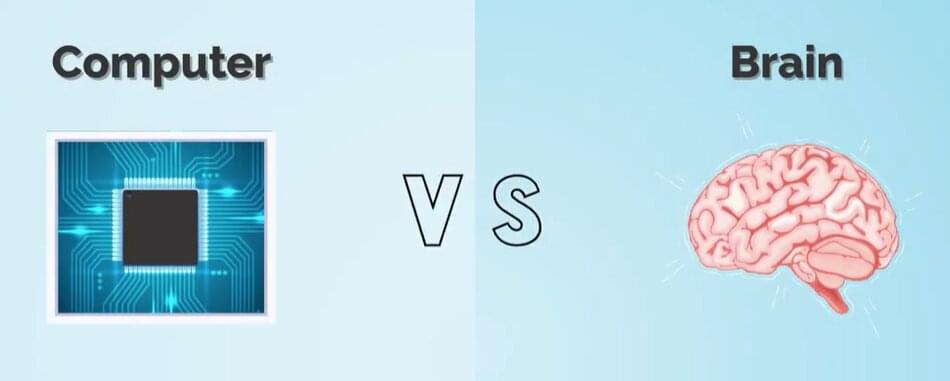
Biological components are less reliable than electrical ones, and rather than instantaneously receive the incoming signals, the signals arrive with a variety of delays. This forces the brain to cope with said delays by having each neuron integrate the incoming signals over time and fire afterwards, as well as using a population of neurons, instead of one, to overcome neuronal cells that temporarily don’t fire.
Oct 15, 2024
Van der Waals Stacking Enables Entangled Photons, Potentially Shrinking Quantum Computing Components by 1,000 Times
Posted by Genevieve Klien in categories: computing, quantum physics
Researchers used ultra-thin NbOCl₂ to generate entangled photon pairs for quantum computing, potentially shrinking components.
Oct 15, 2024
How to Prevent Another Europa Clipper Transistor Panic
Posted by Genevieve Klien in categories: computing, space travel
Oct 15, 2024
Dual-species atomic arrays show promise for quantum error correction
Posted by Paul Battista in categories: computing, particle physics, quantum physics
A study in Nature Physics has realized a dual-species Rydberg array combining rubidium (Rb) and cesium (Cs) atoms to enhance quantum computing and its applications.
Oct 15, 2024
Digital quantum simulation of nuclear magnetic resonance experiments
Posted by Saúl Morales Rodriguéz in categories: chemistry, computing, quantum physics
Programmable quantum computers have the potential to efficiently simulate increasingly complex molecular structures, electronic structures, chemical reactions, and quantum mechanical states in chemistry that classical computers cannot. As the molecule’s size and complexity increase, so do the computational resources required to model it.
Oct 15, 2024
Study explores the physical origin of errors in a spin qubit processor
Posted by Saúl Morales Rodriguéz in categories: computing, quantum physics
To achieve remarkable performances, quantum computing systems based on multiple qubits must attain high-fidelity entanglement between their underlying qubits. Past studies have shown that solid-state quantum platforms—quantum computing systems based on solid materials—are highly prone to errors, which can adversely impact the coherence between qubits and their overall performance.
